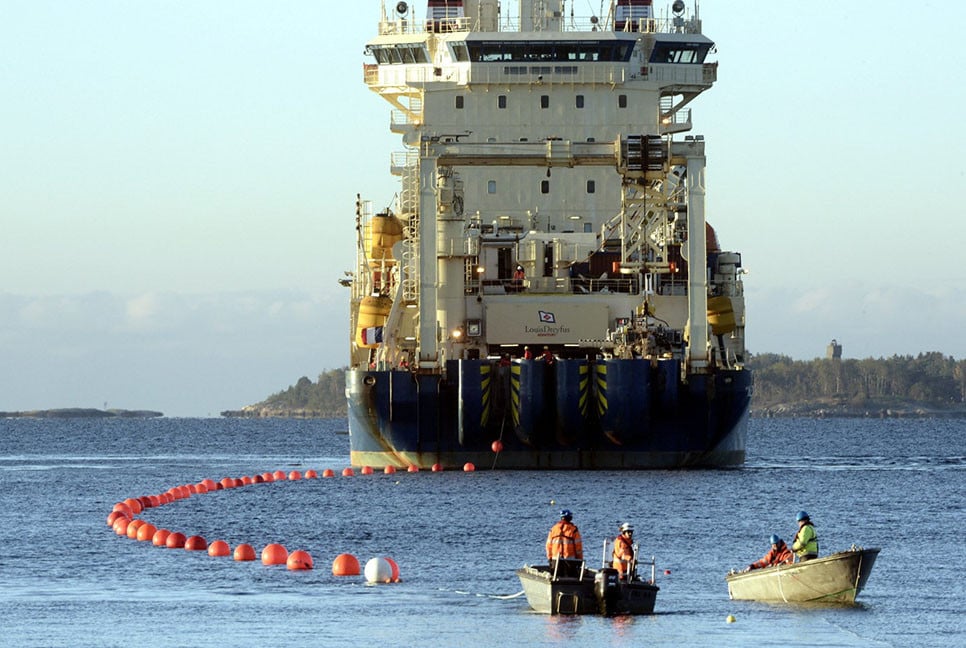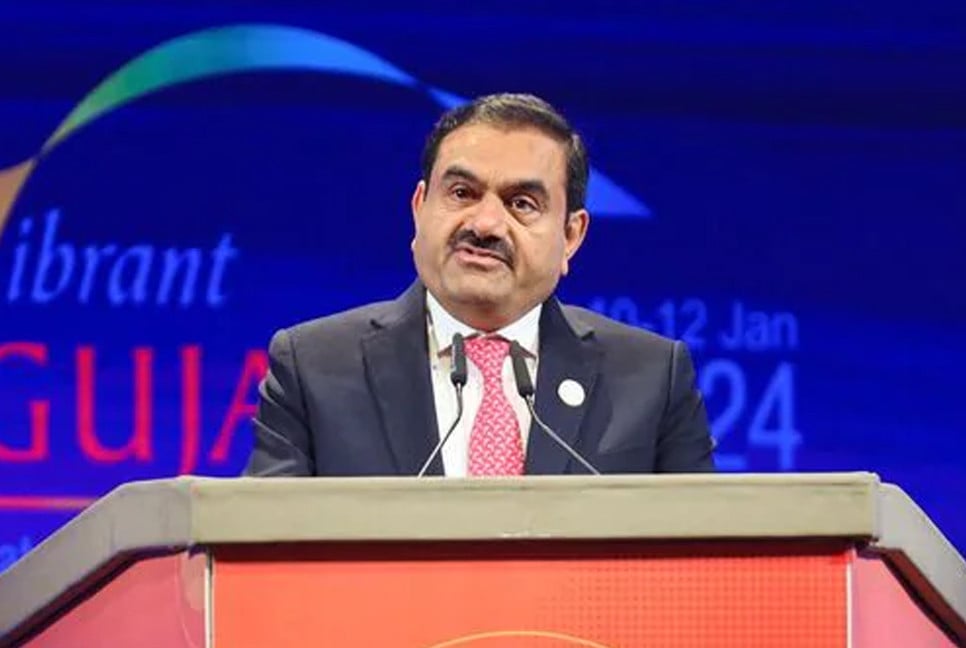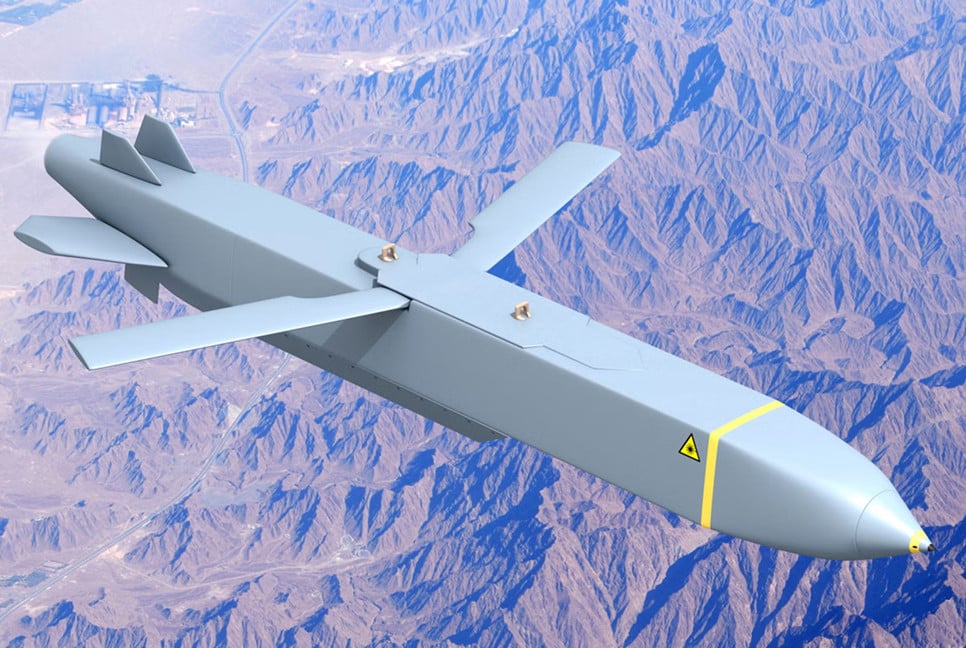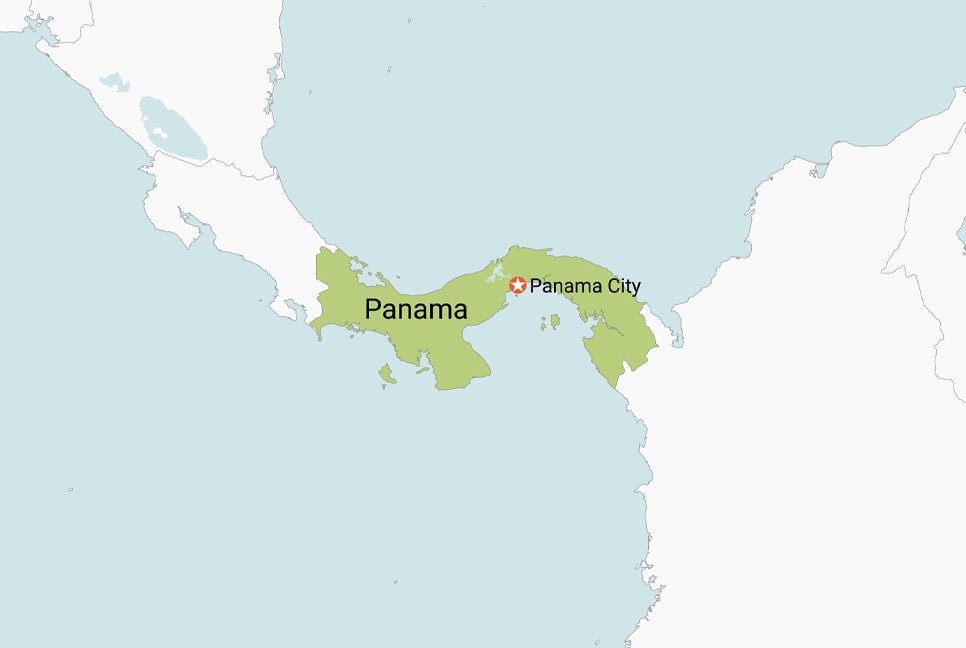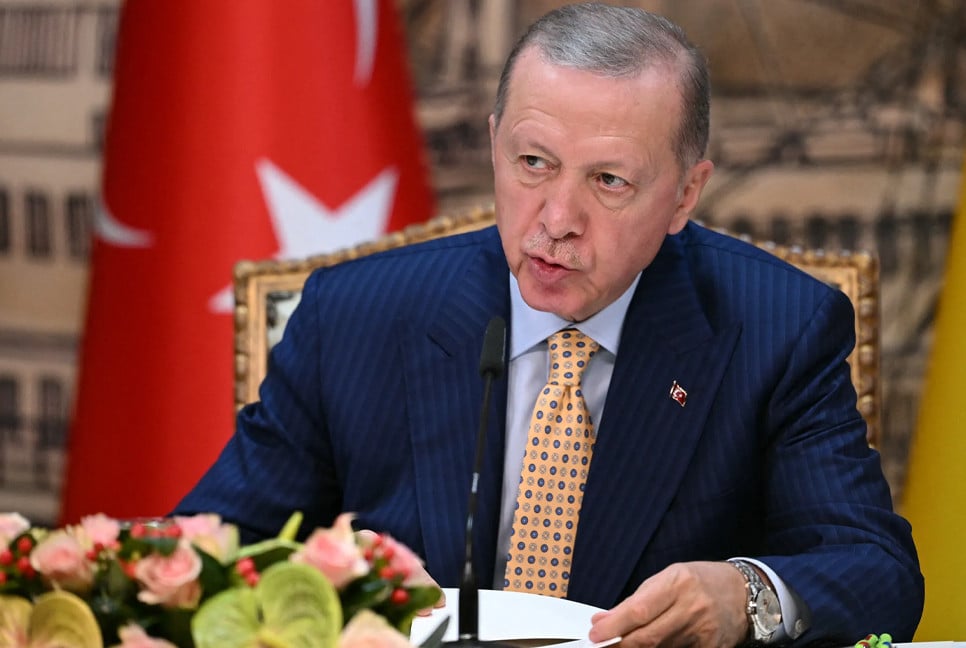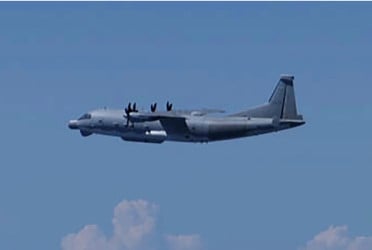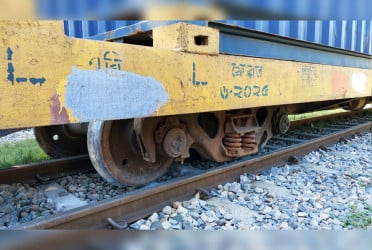Swedish authorities have launched a criminal investigation into alleged sabotage following damage to two undersea cables in the Baltic Sea that connect Lithuania with Sweden and Finland with Germany.
“The offense is currently being investigated as sabotage. The preliminary investigation is ongoing and at an early stage. There is no further information to share at this time,” said prosecutor Henrik Söderman in a statement. The announcement came shortly after Finland opened its own police investigation into the incident.
The suspected sabotage adds to growing security worries in the Baltic Sea region, particularly in light of Russia’s alleged hybrid operations. The war in Ukraine and the 2022 explosions that disabled the Nord Stream pipelines have already heightened European vigilance over critical infrastructure.
Germany, which has constructed several gas terminals to reduce reliance on Russian energy, has reported suspicious drone activity around these facilities. German officials believe unmanned Russian military aircraft conducted reconnaissance, potentially for sabotage.
German Foreign Minister Annalena Baerbock warned in October that Moscow is employing “hybrid means” to target Germany and other Western nations. “Drones flying over industrial sites are not there to observe the beautiful local landscape,” she said, referencing sensitive sites like chemical parks and nuclear waste storage facilities.
German intelligence chief Bruno Kahl described the threat as “very real,” accusing Moscow of accelerating preparations for potential military actions against the West.
Russian hybrid tactics extend to aviation and border disputes. In April, Baltic states reported widespread GPS jamming, which Estonia attributed to Russian activity. The disruption raised aviation safety concerns, prompting Finnish airline Finnair to suspend flights to Tartu, Estonia, near the Russian border.
At the same time, Russia has escalated border tensions in the Baltic region. A Moscow resolution announced plans to unilaterally alter maritime borders with Finland and Lithuania by 2025. In May, Estonian officials reported that Russian border guards removed buoys marking the Narva River boundary, a move Estonian Prime Minister Kaja Kallas described as part of a broader campaign to spread fear and uncertainty.
The investigation into the Baltic Sea cable damage highlights the region’s growing vulnerabilities to hybrid threats. As European nations bolster defenses and collaboration within NATO, incidents like these underscore the critical need for heightened security and resilience in the face of evolving challenges.
Source: Daily Sabah
Bd-pratidin English/ Jisan

